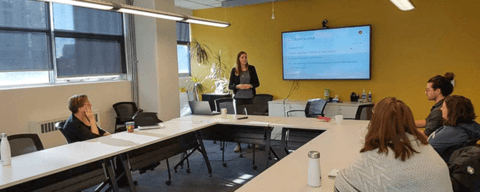Water Institute member Larry Swatuk’s latest book offers best practices for avoiding Day Zero
Water Institute member Larry Swatuk, professor, School of Environment, Enterprise and Development, School of Planning and Department of Geography and Environmental Management, and School of Planning alumna Corrine Cash, assistant professor, Department of Geography and Environment, Mount Allison University, have a new book out offering best practices for avoiding Day Zero.




